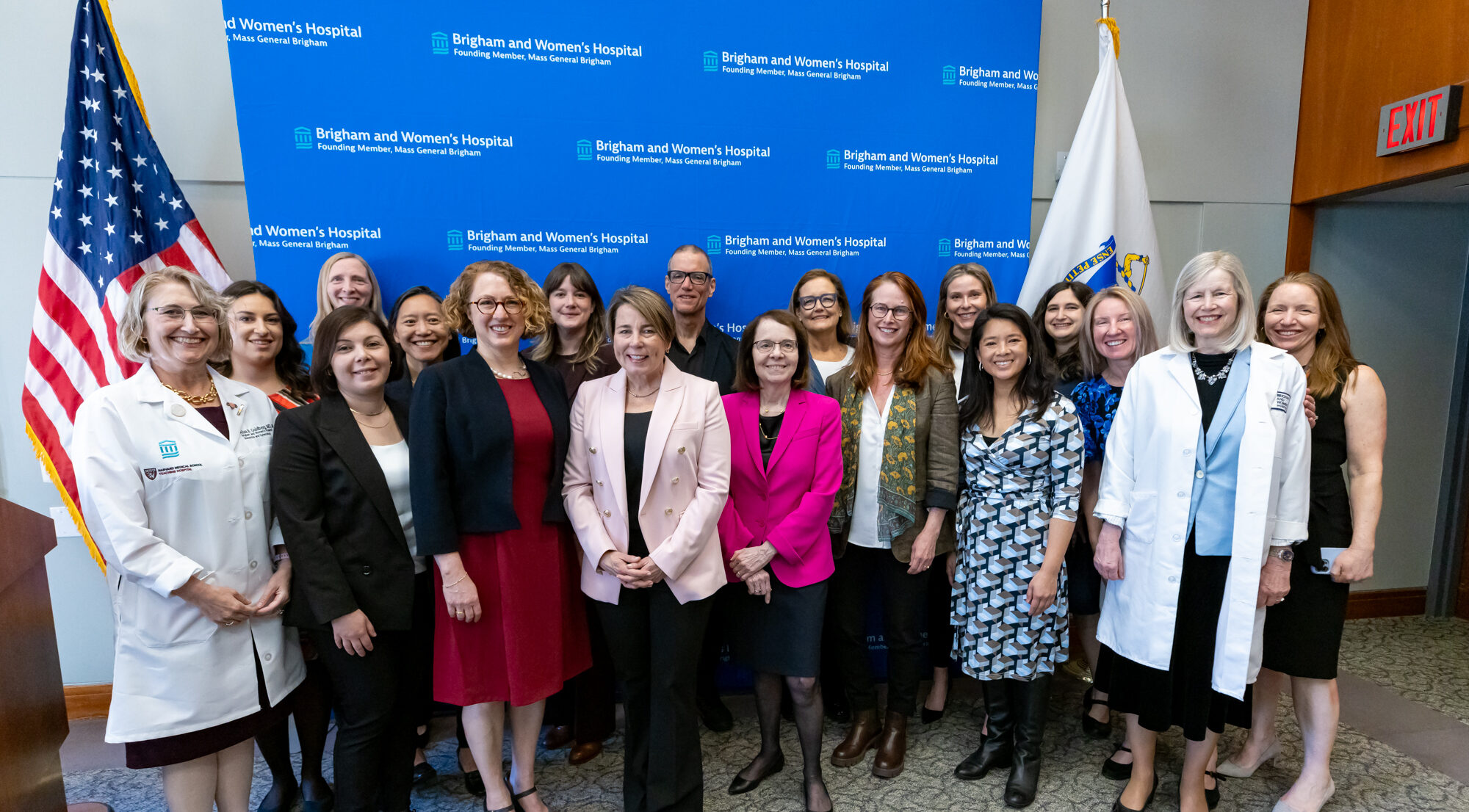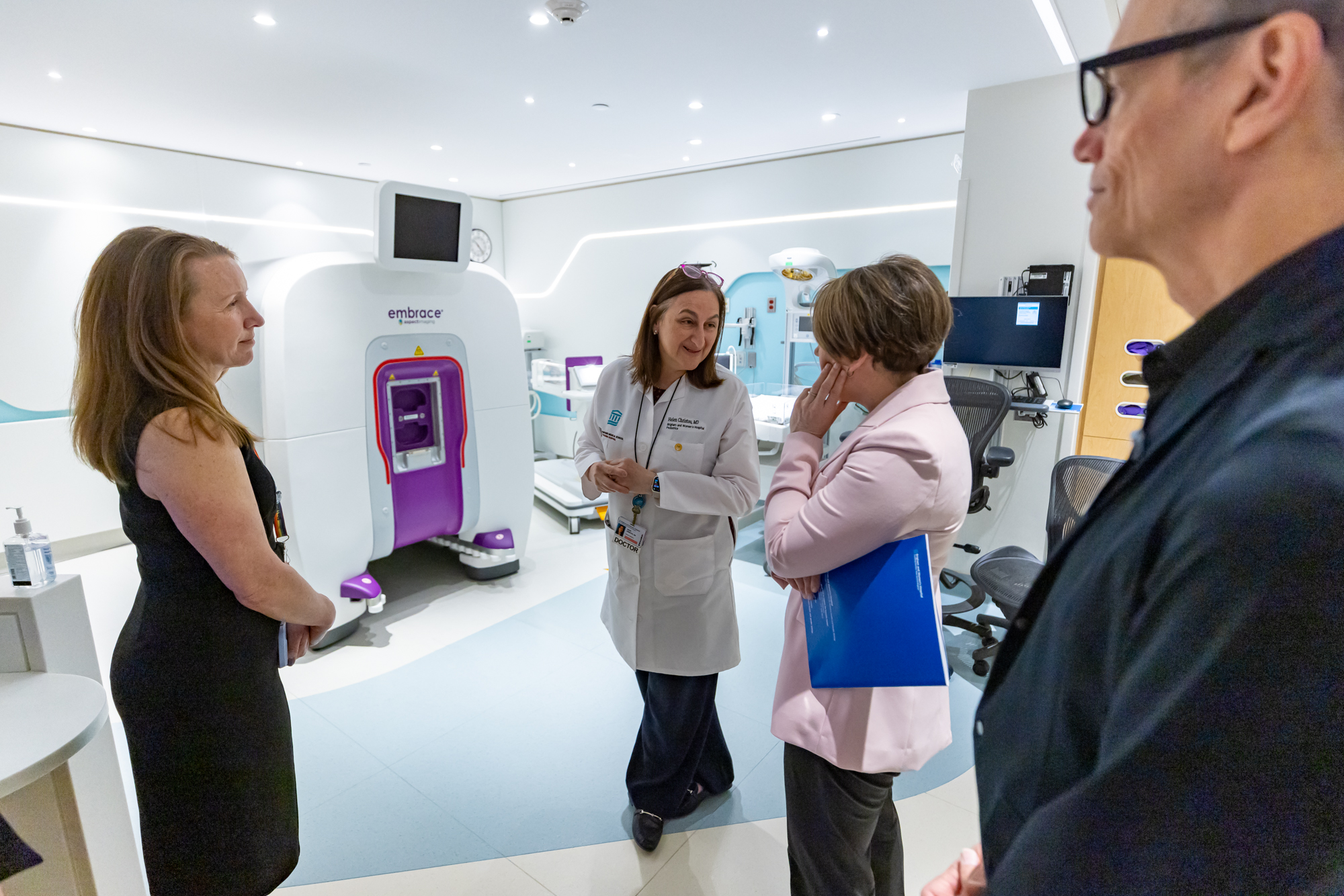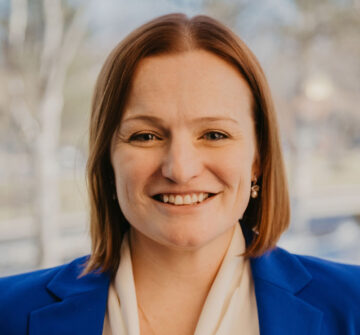
The application period will run from Aug. 5 – Nov. 21, 2025 at 1 p.m. EST.
The Women’s Health Collaboration Program is part of the MLSC’s Accelerating Research through Collaboration (ARC) Awards. This program supports collaborative projects that aim to improve the discovery, technical innovation, and/or analysis of datasets to answer pressing life science questions around women’s health. It incentivizes translational projects that develop novel solutions to treat conditions that solely or disproportionately affect women or have a different presentation between genders.
Applications must be submitted online. The MLSC staff will conduct an initial screening for application completeness and then submit applications to a panel of external experts for review. Applicants may receive invitations to present their proposals to address questions or provide clarification. The MLSC will provide final recommendations to its Board of Directors for approval.
Please note that the submission system only allows one active application per grant program at a time for each user account. It is possible to have an active application across multiple programs, as well as submit applications for the same program sequentially.


Massachusetts recognizes there has been a lack of development in novel solutions to treat conditions that solely or disproportionately affect women or have a different presentation between genders. This impacts not only patients, but also employers and the healthcare system. The consequences are profound, with women more likely to have adverse drug reactions than men, and the lack of effective therapies results in reduced quality of life. The Massachusetts Life Sciences Center aims to support and incentivize translational project teams developing novel solutions in this area of need. Over the past six years, the MLSC has awarded $10 million in capital funding through the Women’s Health Collaboration program.
Learn more about the 2020, 2021, 2022, 2023, and 2024 Women’s Health awardees, including the principal investigator, industry partners, and the innovative projects.



“Innovation is Massachusetts’ calling card now and into the future. The Mass Leads Act doubles down on our leadership opportunities in areas like women’s health to advance not only our life sciences sector, but also our health care system and broader economy.”
– Lieutenant Governor Kim Driscoll

“This funding will allow for the establishment of a state-of-the art center to study lactation science. The Lactation Lab will encompass both a basic science laboratory, with protocols optimized for breastmilk assays, and a clinical research space designed for the needs of breastfeeding women and their infants.”
– Sarbattama Sen, MD, Attending Neonatologist, Brigham and Women’s Hospital and Assistant Professor of Pediatrics, Harvard Medical School
“Massachusetts has already established the infrastructure, supported by the MLSC, to leverage new investments in women’s health to maximize the impact. The MLSC serves as an example of the impact that investment in women’s health can provide.”
– Jamie Maguire, Professor at Tufts University School of Medicine




Olaris is a precision diagnostics company that is on a mission to revolutionize how diseases are diagnosed and treated. By leveraging their CEREBRO platform (Comprehensive Early Responsive Evaluation of Biomarkers Related to Outcomes), which combines metabolomics and machine learning, they are able to harness the power of the body’s own communication system to discover and develop their pipeline of myOLARIS precision diagnostics.
